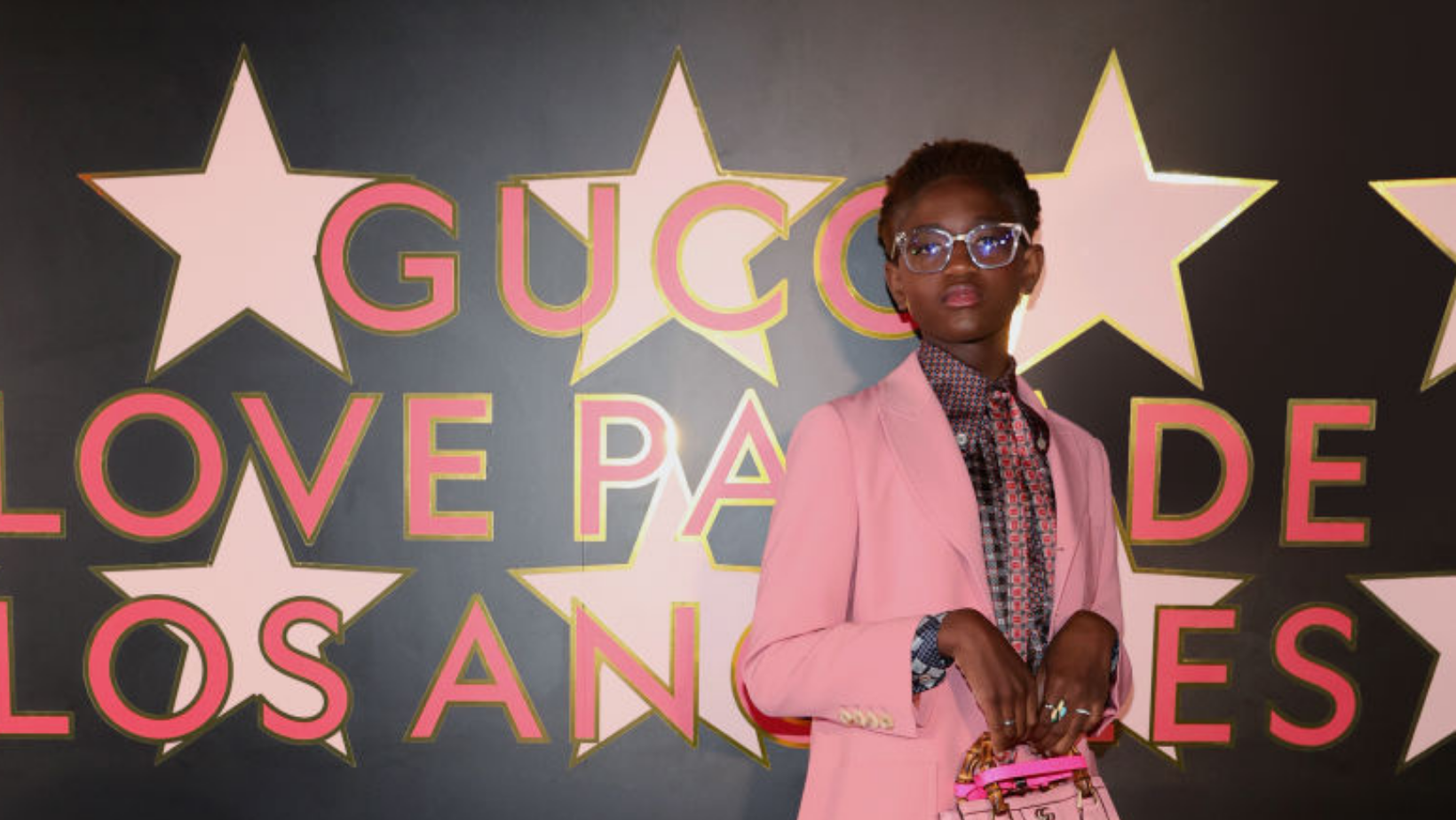It is, no doubt, difficult to be a child of a famous celebrity. To have your life and your choices constantly monitored for people’s entertainment simply due to what your parents do for work sounds exhausting, and I can only imagine what it must be like for the out-trans child of a famous actress and one of the most decorated basketball players of all time.
Zaya Wade came out to her parents—former basketball player Dwyane Wade and actress, writer, and entrepreneur Gabrielle Union—at the age of 12 years old. It wasn’t until 2020 that the family publicly shared Wade’s identity with the world. Her coming out was met with a lot of attention, some of it negative, but much of it expressing love and support. But for Zaya, the most important part was receiving love and support from her parents and family.
In the discussions surrounding Florida’s “Don’t Say Gay” Bill and trans rights in Texas, there’s been a lot of discourse on children of the LGTBQ+ community. Now, at 14, Zaya Wade wants to speak about her experience as a trans child and what cis parents can learn about their gender-expansive children as they grow into their true identities.
“I honestly wish that a lot of adults understood and did not invalidate how confusing, uncomfortable and kind of abrupt, but also how beautiful being a part of any LGBTQ+ community is,” Wade said in an interview with Teen Vogue.
While the outside world might not be the safest or most comfortable for trans children at this moment, there can still be understanding and love within the confines of their own homes. “I like to think of my family as my big support group, my community,” she said. “I think they show up for me every day, whether it’s being there for me when I feel down or when there is a lot of LGBTQ+ hate out in the world.”
Zaya’s father said on Good Morning America at the time of his daughter’s coming out, “hopefully I’m dealing with it the right way. … Inside our home we see the smile on my daughter’s face, we see the confidence that she’s able to walk around and be herself and that’s when you know you’re doing right.”
Don't forget to share:
Help make sure LGBTQ+ stories are being told...
We can't rely on mainstream media to tell our stories. That's why we don't lock our articles behind a paywall. Will you support our mission with a contribution today?
Cancel anytime · Proudly LGBTQ+ owned and operated
Read More in Impact
The Latest on INTO
Subscribe to get a twice-weekly dose of queer news, updates, and insights from the INTO team.
in Your Inbox













